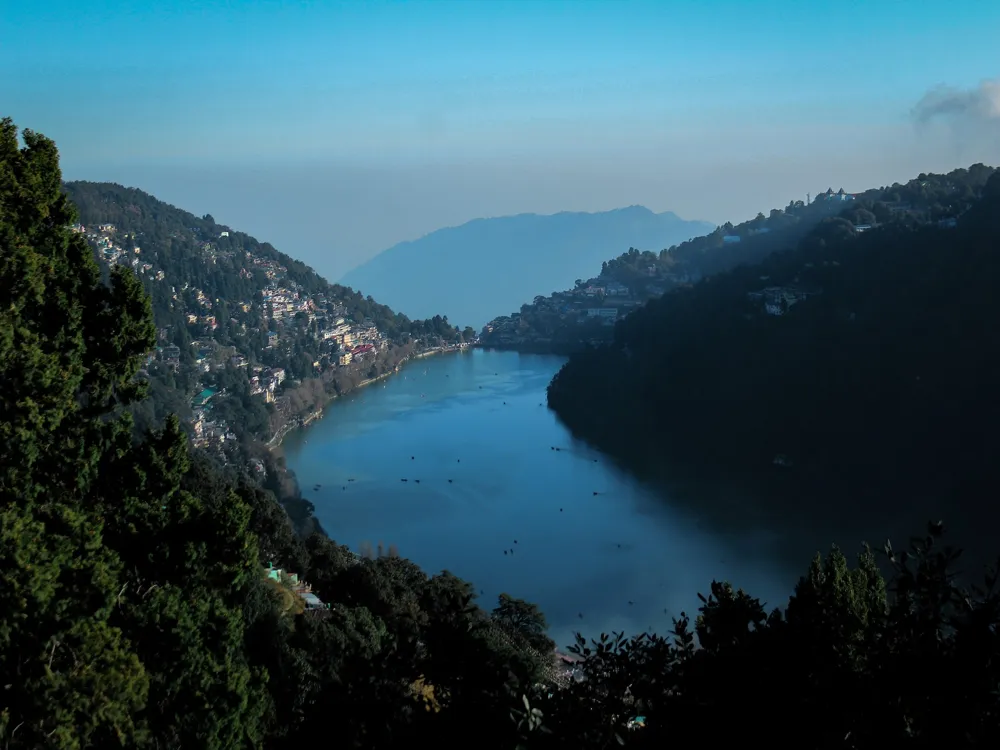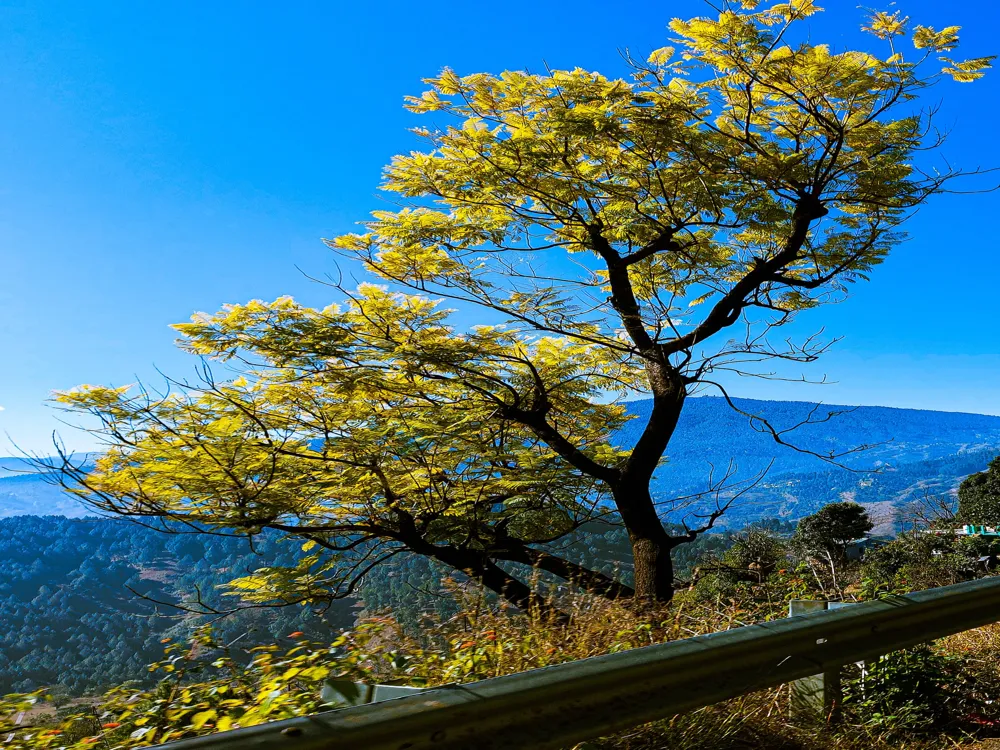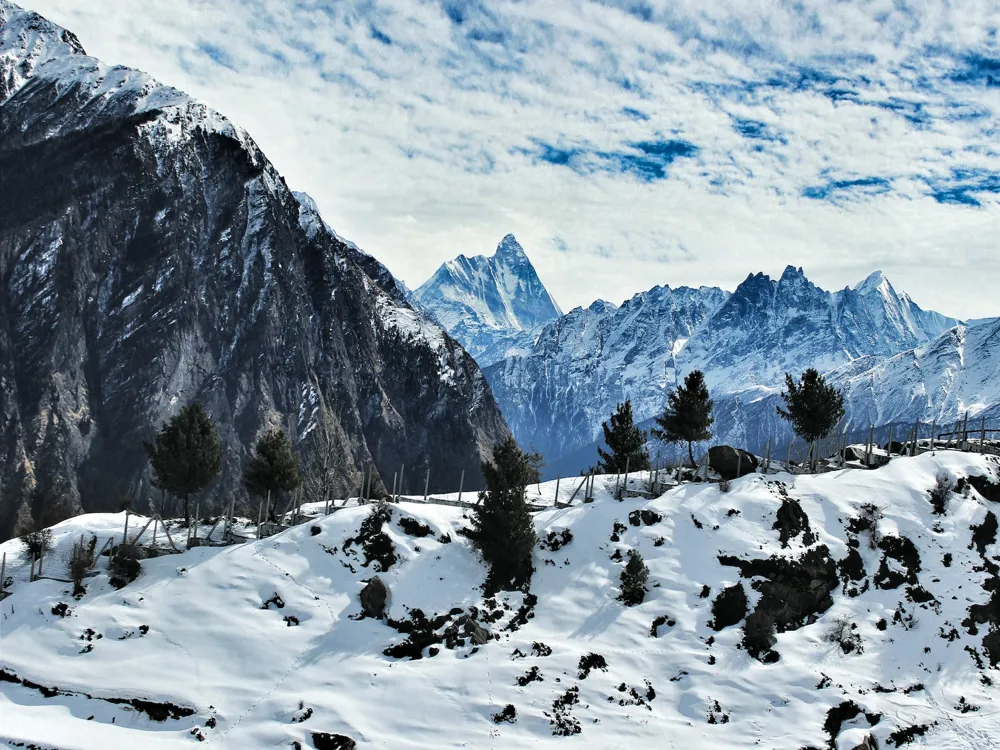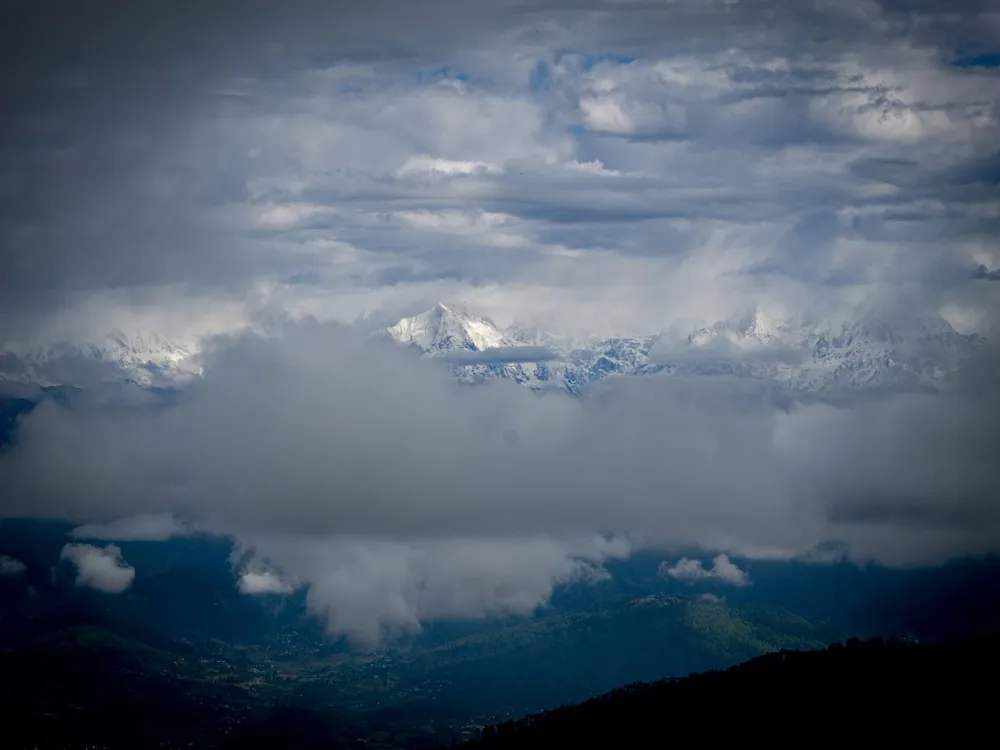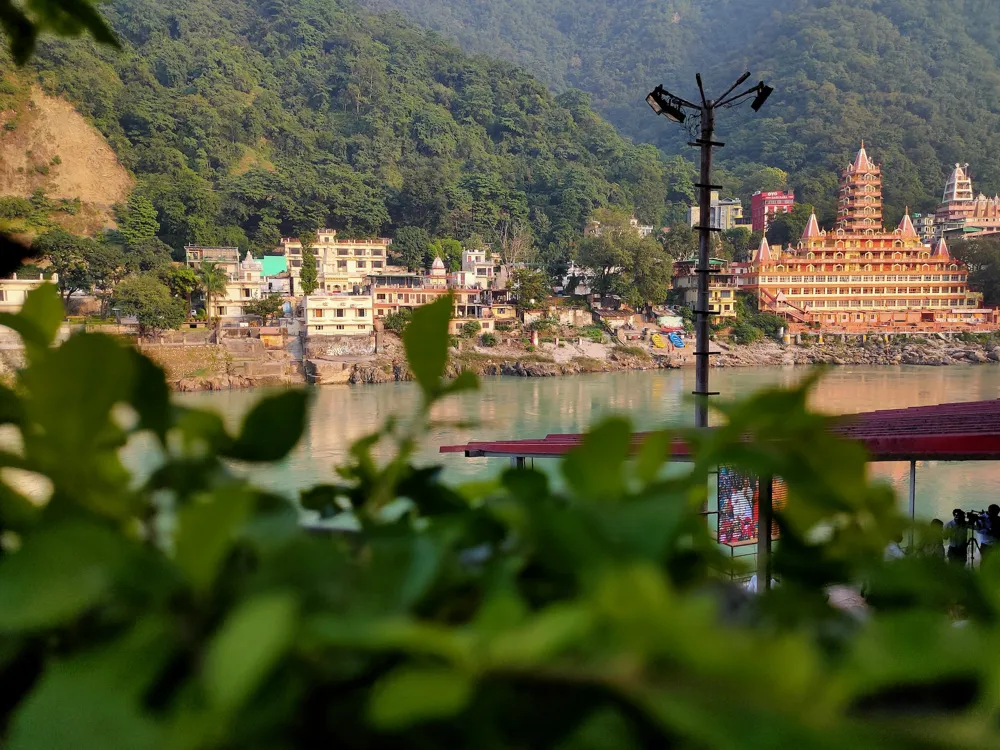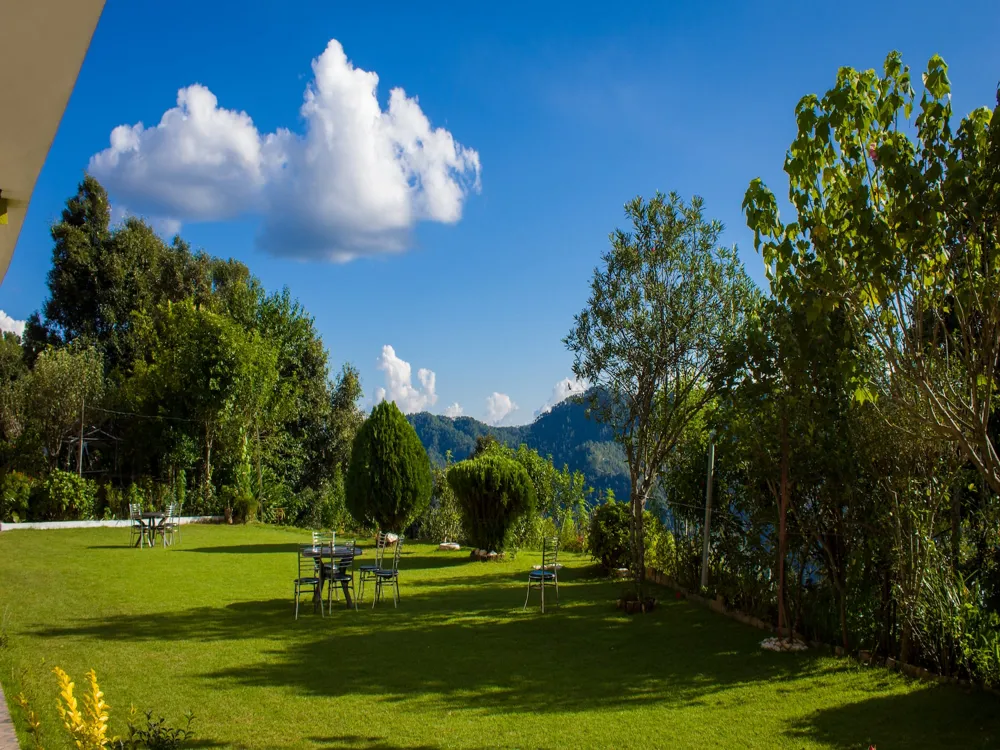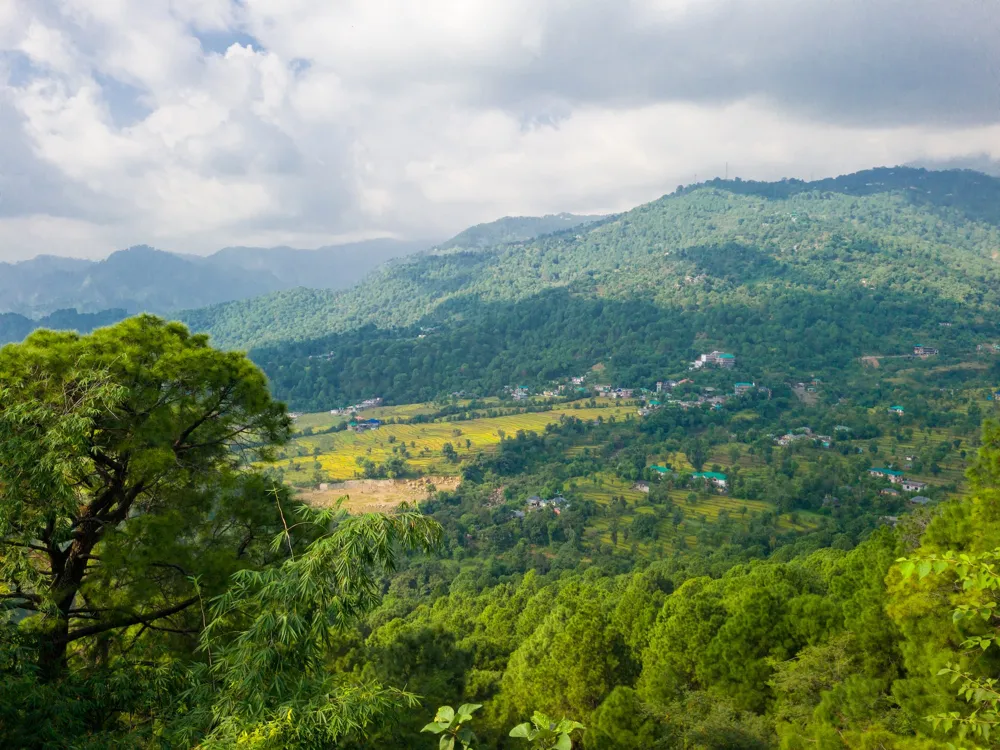The Bagnath Temple, nestled in the heart of Bageshwar at the confluence of the Saryu and Gomti rivers in Uttarakhand, India, is a revered site attracting thousands of pilgrims and tourists each year. This ancient temple, dedicated to Lord Shiva, is enveloped in a blend of mythological and historical significance. The name 'Bagnath' originates from the Sanskrit words 'Bagh' meaning 'Tiger' and 'Nath' meaning 'Lord', referring to Lord Shiva, who is worshipped here in the form of a tiger. According to legend, it is at this spot where the sage Markandeya offered his prayers to Lord Shiva and was blessed by the deity in the form of a tiger. The temple's history dates back to the early centuries and has been a witness to several dynasties and their religious influences. The month of Shravan (July-August) witnesses the annual 'Shravani Mela', which is celebrated with great fervor and attracts devotees in large numbers. The temple's strategic location at the convergence of two rivers adds to its spiritual aura, believed to cleanse one's soul. The architecture of Bagnath Temple is a testament to the ancient artistry and craftsmanship of Uttarakhand. The temple, predominantly built in the North Indian style, also shows influences of local Kumaoni architecture. It is constructed of stone and features intricate carvings that depict various deities and mythological scenes. The temple's shikhara or spire is adorned with delicate carvings and is a characteristic feature of Hindu temple architecture. The temple complex includes other smaller shrines dedicated to different deities, adding to its religious importance. The sanctum sanctorum houses a Shiva Lingam, believed to be self-manifested, and is the focus of the temple's spiritual activities. The intricate carvings on the temple walls and pillars depict stories from Hindu mythology, particularly related to Lord Shiva, and are a source of fascination for both devotees and art enthusiasts. Visitors should dress modestly and remove shoes before entering the temple. It is also important to follow the local customs, such as performing rituals in the prescribed manner and respecting the sanctity of the temple. The ideal time to visit the Bagnath Temple is during the cooler months from October to March. The Shravani Mela, a significant festival, is another ideal time for visiting, offering a unique cultural experience. There are several accommodation options available in Bageshwar, ranging from budget lodges to more comfortable hotels. Basic facilities like food and water are readily available near the temple. Bagnath Temple in Bageshwar is well-connected by road and is accessible from major cities in Uttarakhand. The nearest airport is at Pantnagar, and the closest railway station is at Kathgodam. From these points, one can hire taxis or take buses to reach Bageshwar. The journey offers scenic views of the Himalayas and the verdant landscapes of Uttarakhand. Read More:Overview of Bagnath Temple in Bageshwar, Uttarakhand
Architecture of Bagnath Temple
Tips When Visiting Bagnath Temple
Respecting Local Customs and Traditions
Best Time to Visit
Accommodation and Facilities
How To Reach Bagnath Temple
Bagnath Temple
Bageshwar
Uttarakhand
NaN onwards
View bageshwar Packages
Bageshwar Travel Packages
View All Packages For Bageshwar
Top Hotel Collections for Bageshwar

Private Pool

Luxury Hotels

5-Star Hotels

Pet Friendly
Top Hotels Near Bageshwar
Other Top Ranking Places In Bageshwar
View All Places To Visit In bageshwar
View bageshwar Packages
Bageshwar Travel Packages
View All Packages For Bageshwar
Top Hotel Collections for Bageshwar

Private Pool

Luxury Hotels

5-Star Hotels

Pet Friendly













